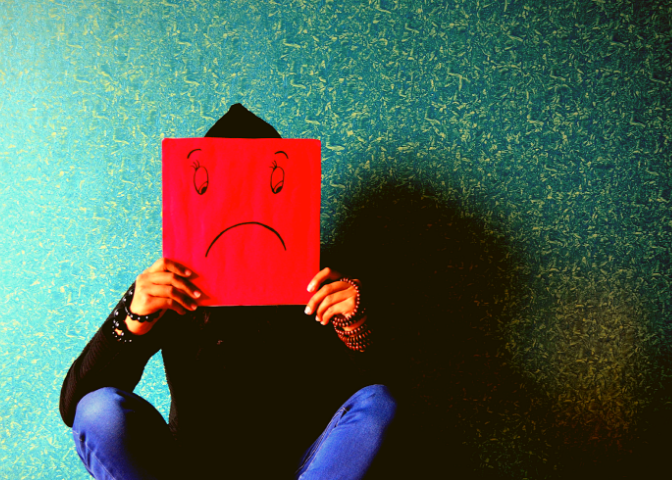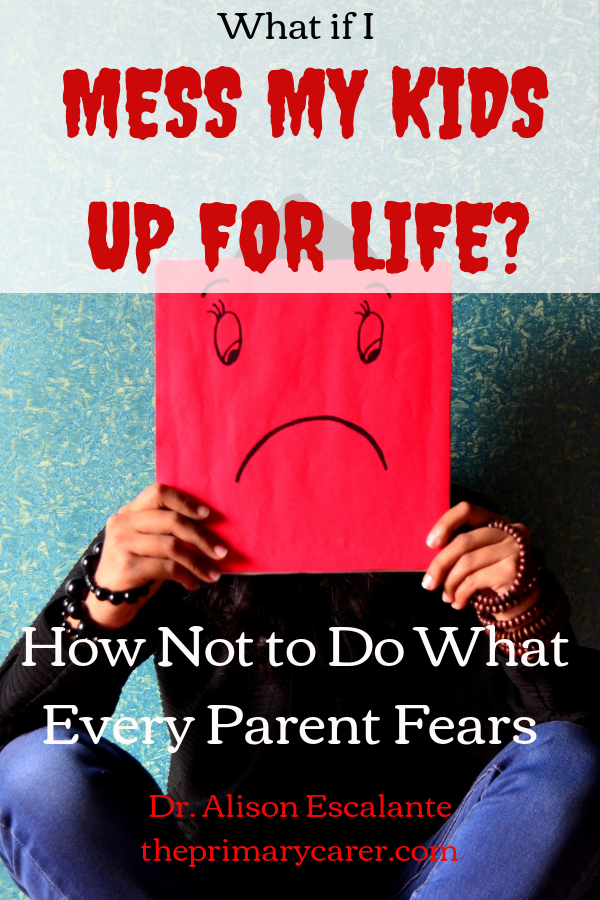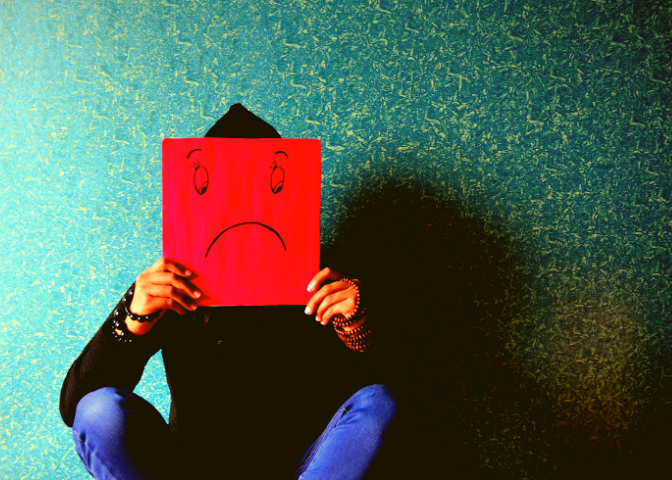What Effective Parents Do Differently.
The ShouldStorm we face as parents draws its power from hidden beliefs. One of the most problematic of those untrue beliefs is the idea that if we make a mistake we are going to mess our kids up for life. We particularly feel this if we make a mistake consistently.
Two days ago, I was enjoying book club with my friends. We had read a very important book called “The Coddling of the American Mind.” This book is a must-read about what is going on with our culture, our kids, and the over-parenting epidemic.
One of the women shared that every night she prays, “God, don’t let me mess this child up.” We all immediately jumped in to support her and tell her how that wasn’t going to happen. It’s the truth. She won’t mess her kids the way she fears because she is an engaged parent, who is carefully considering her parenting. Sure, she might make mistakes. She might even make damaging mistakes, but there is no way that a parent like that is going to “mess her child up for life.”
Where do we get this idea? Why is it always my first thought? Yesterday, my kids acted up and they fought in a way that is typical of boys. I felt really discouraged and my initial thought was, “I’ve messed them up for life. I’m not a good parent, and I’m doing something wrong. I feel like I’m screwing up my child.”
The 3S method helped me stop thinking I’d mess up my kids for life.
Fortunately, I remembered to SIGH and connect with myself. Then I remembered to SEE what was going on with the kids. I STARTED by separating them. Then, I interacted with each of them separately, and I gave consequences where they were needed.
Still, that nagging thought was with me. I felt anxious. In the end, the kids answered this question for me. When they went on to play nicely for five straight hours, negotiating their own problems without involving me, making up cool rules for their games, I knew that they were okay after all.
I guess I haven’t messed them up for life. How often do you think that to yourself? It’s not true. It’s a cognitive distortion that floods us with anxiety. It’s a lot easier to parent skillfully when I’m not letting myself be panicked by that thought. The best way I’ve found to step out of anxiety if to practice SIGH, SEE and START.
How can I be an effective parent?
Whenever I feel that fear I might mess up my kids for life, I worry that I’m doing something I don’t even realize I’m doing. The worry is that one of my blindspots will put my problems into my kids. This is exactly what my friend from book club expressed. But that’s the ShouldStorm talking.
When we talk about that idea of messing someone up for life, we are usually talking about something so deeply bad that it causes an unhealing wound. Sometimes, we are talking about mental illness. But when we refer to mental illness this way, as a life sentence, we are missing out on the very real opportunities for healing.
As a doctor, I work with families and kids going through stuff every day. Effective parenting doesn’t mean your kids won’t struggle or become depressed. What effective parenting means is that when the kids suffer, parents approach it differently.

Effective parents don’t swamp their kids with their emotions by smothering them with soothing, over-protection and emotional rescue. They don’t ignore the reality of it because “It’s not possible that my child would have anxiety or depression.” They don’t say “We can figure this out within our family,” and keep it private. They call it what it is, and they reach out for help.
Well meaning parents who do everything for their child are not equipped to handle the rough parts of life. At a time when their child needs to do hard work to grow or heal (like the work of therapy) a parent like this has only one option: to keep doing everything for their child. This means their child already had missed a chance to practice on small problems, and now their child is missing a chance to work on the big problem.
I don’t believe in messed up for life.
I don’t believe if the idea of messed up for life. The potential for human growth is astonishing, and I have seen it again and again as a doctor. In the research, when we study the worst of the worst, we keep finding something amazing. It’s called post-traumatic growth. We find that even after the worst that life can dish out, people can thrive. But that healing doesn’t happen alone, and it doesn’t happen if someone else does everything for you.

Healing can be hard. Sometimes bitterly hard. So as a parent I can use the 3S method to demonstrate how to manage hard things, how to make mistakes, and how to grow. Maybe then my kids will be ready when life throws the messy stuff at them.
Have you ever wished for a group of parents where you could really let down your hair and admit how rough parenting is? Particularly a group interested in growing into the best parents for their kids? Check out Should-Free Parenting, our facebook group. If you are wondering about the 3S method, learn about it by watching my TEDx talk or read about it in my article for Psychology Today.
©Alison Escalante MD
Disclaimer: This article represents general education and does not constitute medical advice. My ideas are mine alone.

